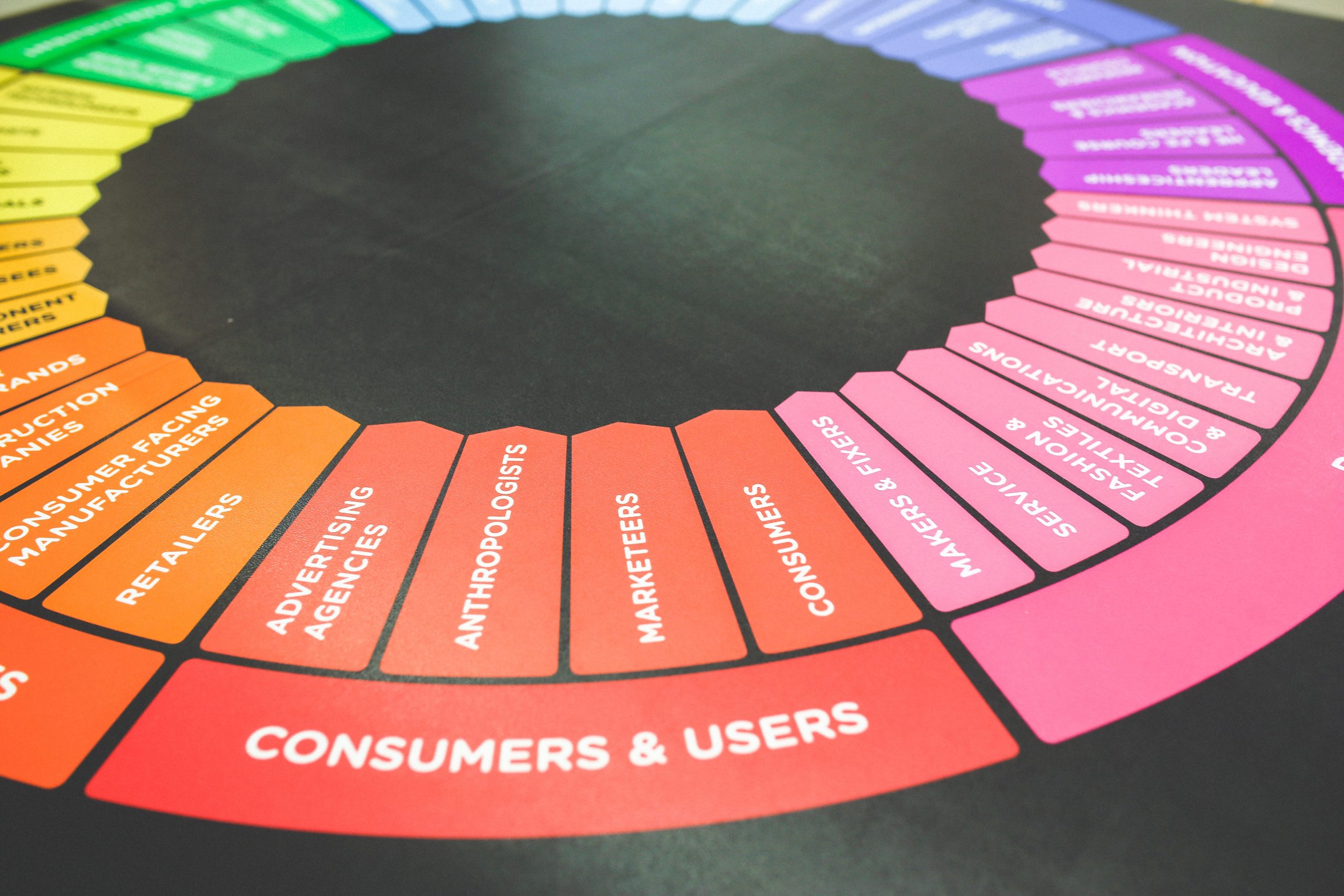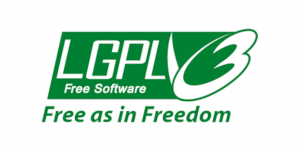CRM softwares are the easiest way to automate the non core activities of the business. It also helps you to increase sales and productvity through its amazining built-in features. Enterprises using CRM software are nowadays a step a ahead than their competitors.
CRM stands for Customer Relationship Management and refers to a software which involves strategies, tactics, gear, and technology used to develop, retain, and target consumers by businesses. This system guarantees that every step of the relationship with customers goes easily and efficiently so that the total profits will boom. Customer data from more than one platform are obtained by the software. As a result, CRM stores those facts on average sales records, private data, or even behavioural patterns of purchasing.
Big companies expect complex activities with a few staff, a large number of statistics, a massive amount of internal plans, much greater paperwork, and many workers. Within the central database, a CRM system can help build productive approaches and automate repetitive ones; compile lead, consumer, and worker records, integrate marketing, sales and service teams; conduct deep analytics of records; optimise documentation management, and more.
What Are The Benefits Of CRM Software?
The quality of a CRM software is that it can help almost any organizational entity, from income and customer service to recruitment, advertisement, and business growth. There is indeed a simpler way to exploit external relationships with the right CRM tools. Storing all customer facts in one location, tracking supplier issues, seeking out sales opportunities, dealing with marketing strategies, are just some of the features of CRM capabilities.
In addition, given that CRM provides quick entry to statistics, it will become even easier for users to collaborate on various methods and boom productivity. Another good point in support of CRM is that it is highly suitable for organizations of any scale.
How Does CRM Software Work?
CRM management: CRM solutions provide features that allow customers to communicate with customers and employers across various available channels. Touch forms, emails, phone calls, and more are part of those networks. CRM software offers a range of tools to sales and marketing teams to handle the entire sales and marketing funnel, from lead qualification to management of possibilities, forecasting, and closing of deals.
CRM Tasks: CRM systems come with tracking functions that file multiple client interactions. In addition, CRM automates ordinary methods and provides managers with tools for tracking and assessing the output and efficiency of the employer. As an example, CRM software will remind you of the duties that you want to perform at a given time.
Lead Generation: CRM can be very helpful for lead generation campaigns CRM, allowing you to fully automate your advertising campaigns . In addition, some CRM offer analytics as well.
Who Can Use CRM Software?
The brief answer? CRM will support virtually any form of business or a organization.
The longer answer: it can be helpful to anyone doing sales, marketing staff, operation, help, or running a start-up, managing a community group, non-profit, or charitable organization, and editorial teams, ad agencies, and art or development projects.
CRM is used by companies of all sizes, from solo freelance activities and home-run e-commerce to small enterprises, mid-size businesses and large corporations at the enterprise level. Everyone will benefit from better organization, integrated task management and modern AI and automation tools that, with less time and effort, make work quicker and better.
In general, enterprises are becoming more remotely dispersed, and teams from project to project are becoming more flexible. Investing in a good CRM solution by the reputed CRM development company that neatly places all your work processes in one place makes sense, and allows you to access all your tasks and workflow processes through cloud services on-the-fly.
Source: ArticlesFactory.com




